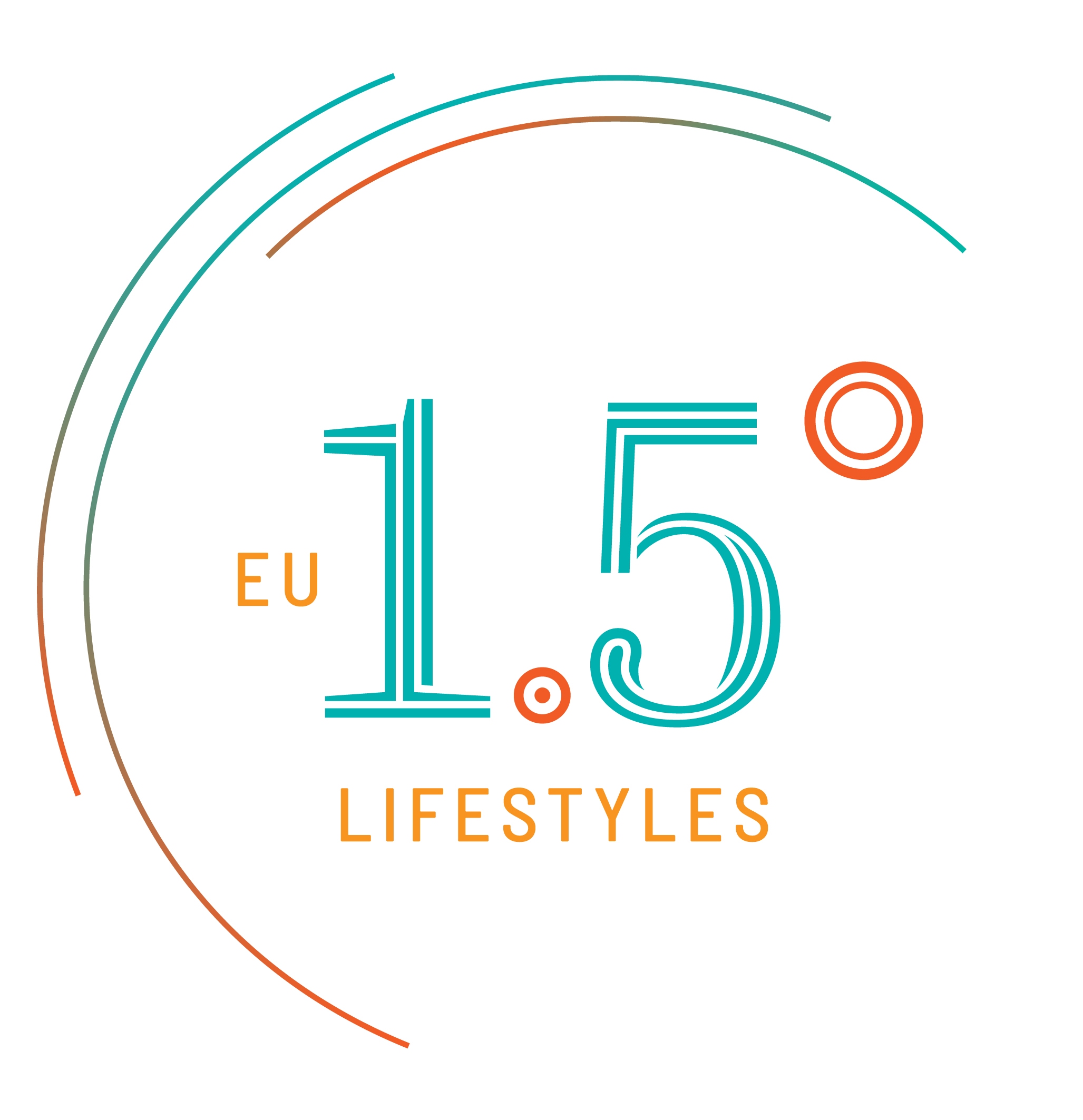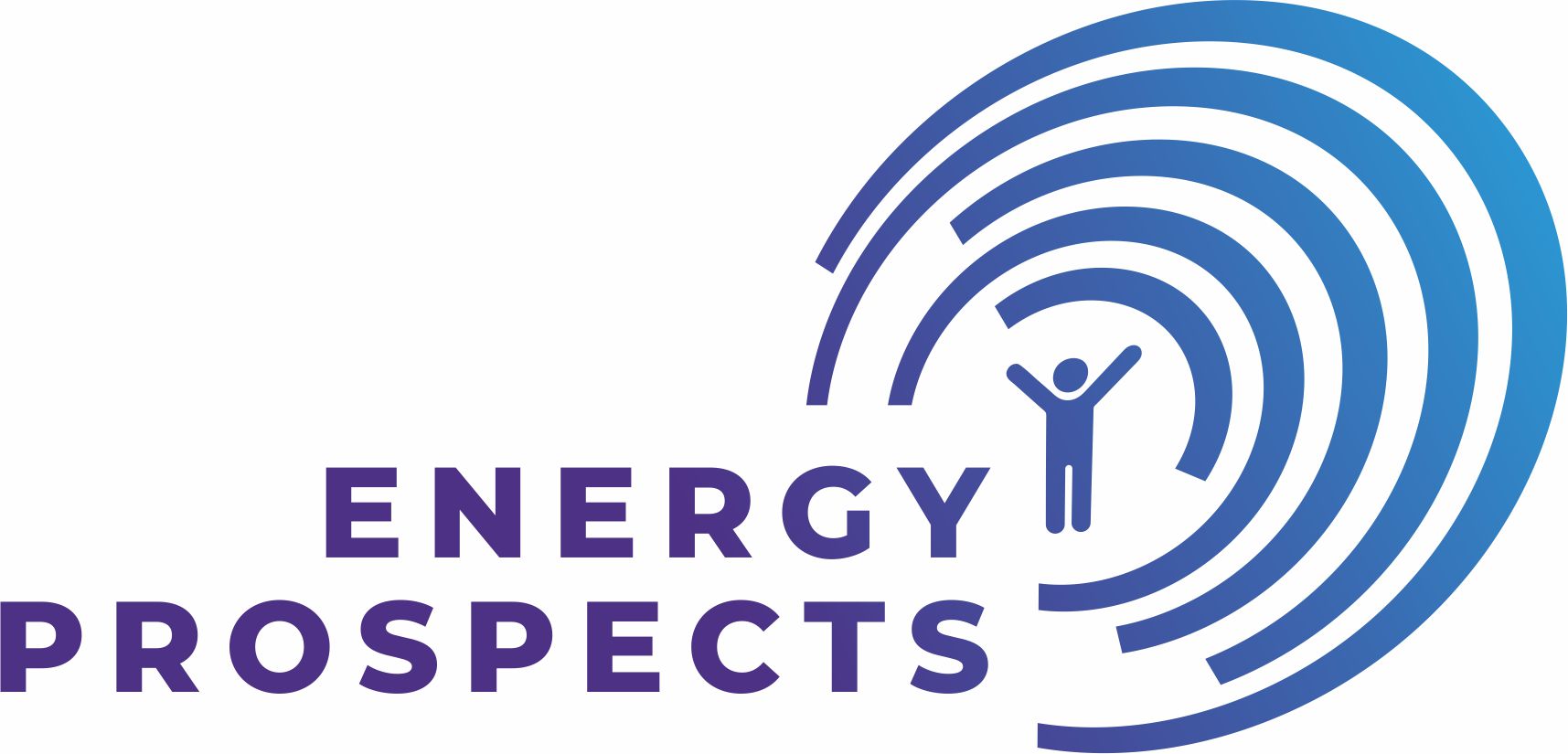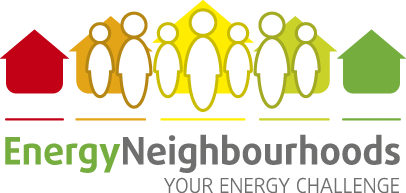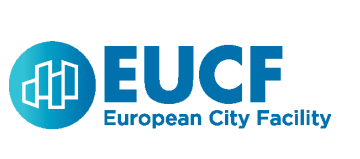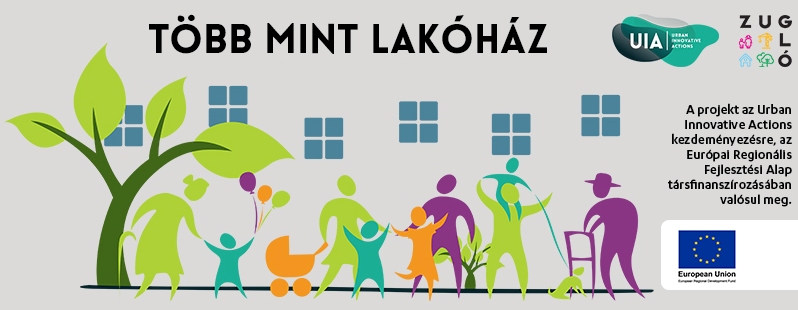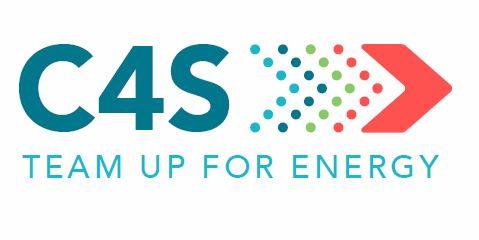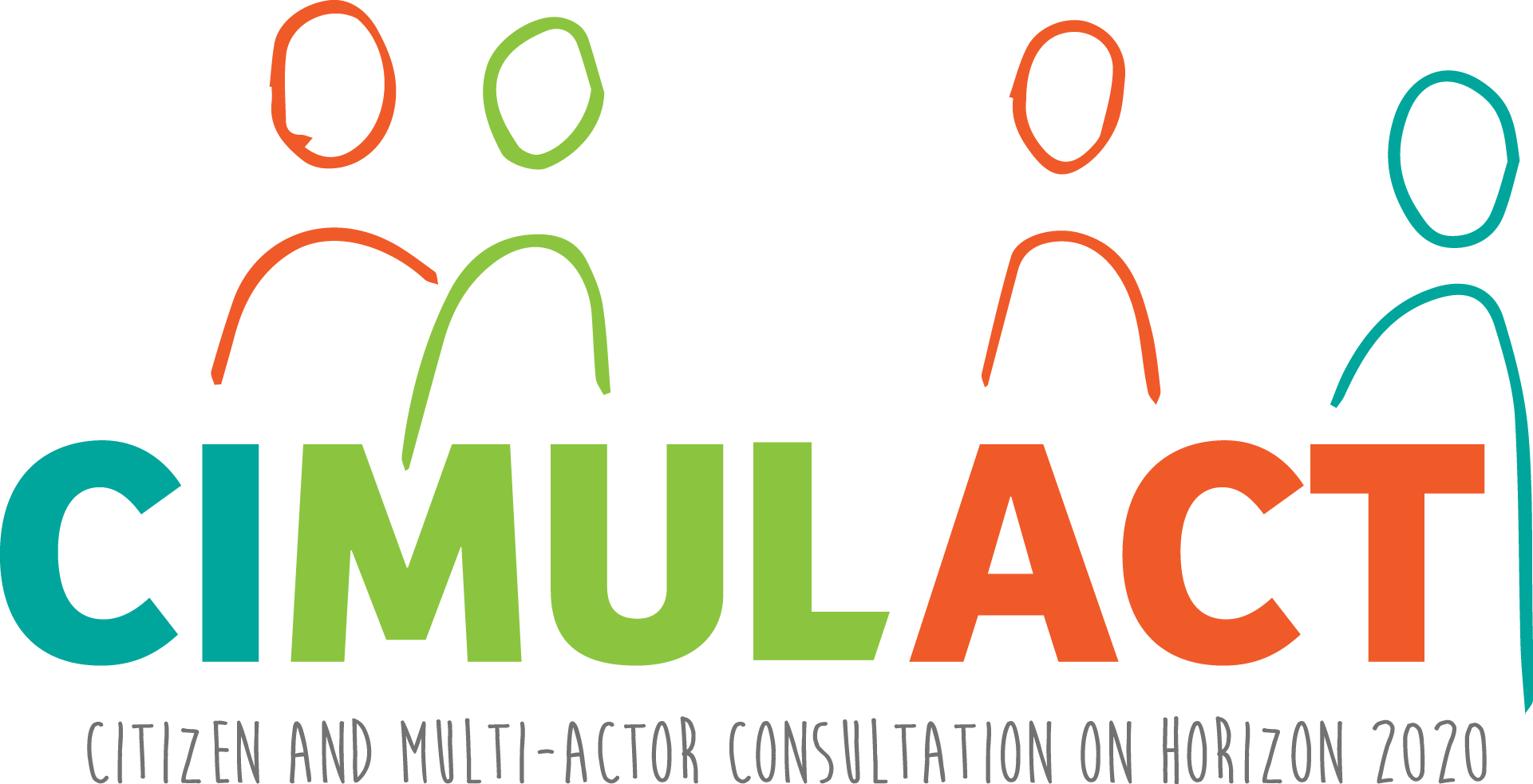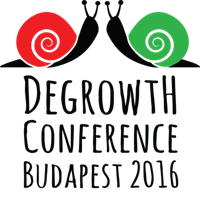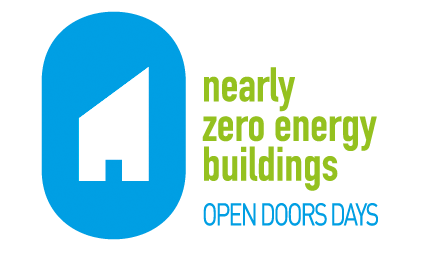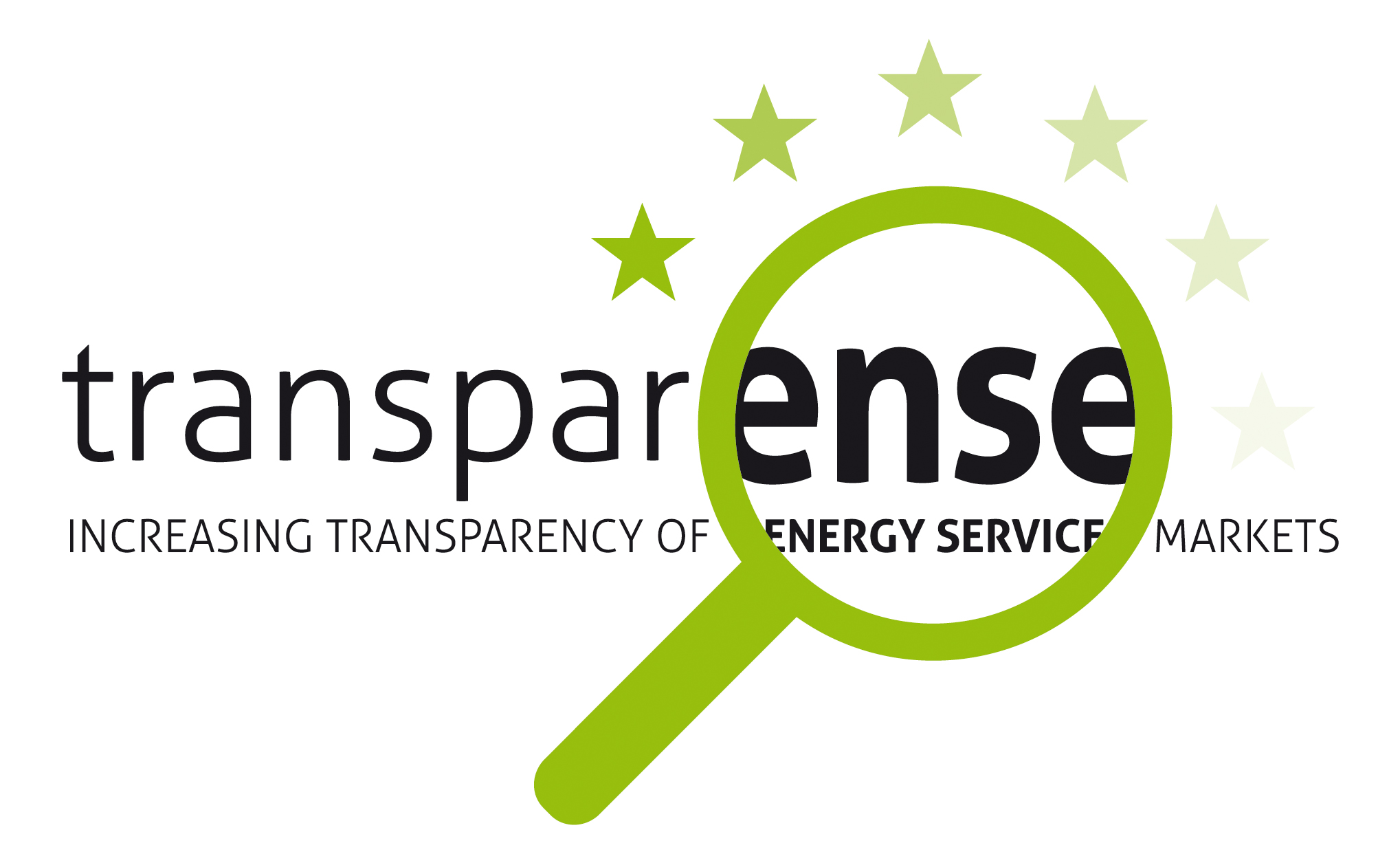Fighting climate change with changing lifestyles – Researchers and practitioners from seven European countries will explore possibilities of transforming lifestyles to support climate goals
Thursday, 27th May, 2021: A group of researchers and practitioners from seven European countries has launched the EU 1.5° Lifestyles project. Its main aim is to foster the mainstreaming of lifestyles in accordance with the 1.5° aspirational climate target and to facilitate transformations sought by the Paris Agreement and the EU Green Deal.
To this purpose, the project develops guidance for policy makers, intermediary actors and individuals based on scientific evidence on how lifestyle choices affect carbon footprint, and how political, economic and social contexts enable or constrain sustainable lifestyles options.
The project will address one of the biggest challenges of our time, climate change, and contribute to achieving global and EU climate goals. Tackling this challenge is urgently necessary, not only from an environmental, but also from a justice perspective, as the contributions and vulnerabilities to climate change are distributed highly unevenly both across and within societies and generations (Fig.1). The project involves researchers from Finland, Germany, Hungary, Latvia, the Netherlands, Spain and Sweden, and is funded through the financial support of the European Union’s Horizon 2020 programme.
Figure 1: Per capita CO2 consumption emissions by four global income groups in 2015 (Source: UNEP Emissions Gap Report, 2020)
The Intergovernmental Panel on Climate Change (IPCC) concludes in its Special Report on Global Warming that addressing climate change will require demand-side actions and lifestyle changes. Previous attempts to realise such lifestyle changes have been hampered by three main factors:
- Only limited quantitative data is available about which and how proposed lifestyle changes would contribute to climate change mitigation. Thus, policy makers and citizens lack guidance to make informed choices.
- There is little evidence of public acceptance of drastic changes. This has resulted in uncoordinated policy efforts that will likely fall short on having sufficient impact.
- Policies have usually promoted changes of individual behaviour without addressing structural constraints or drivers of unsustainable lifestyles. This has led to ineffective policies and frustrated citizens, who have become overburdened in efforts to make positive lifestyle choices.
EU 1.5° Lifestyles addresses all three of the above factors by connecting analyses of lifestyle perspectives at the household level with inquiries into relevant political and socio-economic structures at various levels of governance. The uniqueness of the project approach is that it recognises the importance of political acceptance for change, demonstrates potential contributions of individuals and households, and clearly articulates where limited agency by households needs intervention from policy and other structural changes - such as in welfare and provisioning systems. As Prof. Doris Fuchs, the coordinator of the project highlights: “Allowing our societies to reach the 1.5° climate target will require significant changes in lifestyles, and especially their structural contexts to enable inclusive wellbeing in a world of limits.“
In pursuit of its goals, the four-year project will develop practical recommendations, which can be integrated into everyday life as well as into EU and national policies. Along the way, the project will provide stakeholders at national and EU levels with:
- a quantification of climate and health impacts on shifting lifestyles in EU and three G20 countries;
- an overview on potentials for and barriers to change at the household level, including options for transitioning to 1.5° lifestyles as well as associated potential risks and opportunities;
- an assessment of structural barriers and enablers for systemic transformations necessary for 1.5° lifestyles;
- assessments of scenarios for economic and welfare systems fitting 1.5° lifestyles and
- business models compatible with 1.5° lifestyles.
To co-produce outputs and involve target group members, numerous stakeholder workshops will be held and instructive communication materials (e.g. infographics) will be disseminated. Concrete guidance for both citizens and decision-makers on transitioning to 1.5° lifestyles will be compiled to enable reaching the global and EU climate goals by 2030 and beyond.
The project is funded by the European Union’s Horizon 2020 research and innovation programme under grant agreement No 101003880 for four years (2021-2025) with a total project budget of approx. € 5 million.
Contact:
Edina Vadovics, edina@greendependent.org and Agnes Zolyomi, agnes@greendependent.org
Project coordination: Doris Fuchs, doris.fuchs@uni-muenster.de
To stay informed about the project and subscribe to its bi-annual newsletter, please write to Agnes Zolyomi, agnes@greendependent.org.
For more information visit the project’s preliminary site here.
Note to Editors: The full project name is EU 1.5° Lifestyles: Policies and Tools for Mainstreaming 1.5° Lifestyles
This project has received funding from the European Union’s Horizon 2020 research and innovation programme under grant agreement No 101003880.
The sole responsibility for the content of this statement lies with the authors. It does not necessarily reflect the opinion of the European Union. Neither the European Climate, Infrastructure and Environment Executive Agency (CINEA) nor the European Commission are responsible for any use that may be made of the information contained therein.
